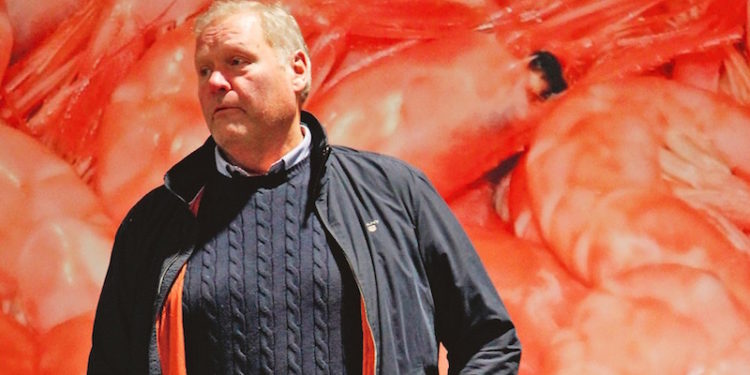Sweden’s demersal sector has made the long overdue transition from weekly to annual quotas, bringing whitefish and prawn (nephrops) fishermen broadly into line with their counterparts around the North Sea and the Baltic.
According to Peter Olsson of the Swedish Fish Producers’ Organisation, it hasn’t been an easy ride, especially at the outset when getting fishermen to take part called for perseverance before interest mushroomed and the result is a system that is – mainly – designed by the people who have to work with it.
Instead of weekly quotas and all the headaches that go with it – including losing your quota for a week if the weather is too bad to go to sea – the annual allocations provide a more rational basis. Boats are able to manage their different fisheries on a more rational basis, channelling efforts to focus on particular when prices are at their best and able to manage fishing activities across different areas more effectively.
‘There are boats that have quotas in the Baltic and off western Sweden, and they can operate more efficiently now. The annual quotas make fishing more businesslike,’ he said, adding that this follows the example of the pelagic sector which has a full-blown ITQ system, but falls short of complete transferability.
‘We can trade quota among ourselves. That means if I catch too much of one species, I don’t have to dump it as there’s a mechanism to get quota to cover it. But if you want to buy a boat’s quota outright, then you have to buy the boat as well. That means every boat has to catch some fish. That’s as far as the system can go without Parliament having to make changes in the law.’
Most of the static gear boats remain outside this new system, continuing to operate on coastal quotas.
It hasn’t been an entirely painless process. However, there is consensus within the fleet and Peter Olsson said that having everyone not entirely satisfied but nobody outright dissatisfied is an indication that developments have gone in the right direction.
‘We’re politically correct in Sweden and there was a lot of emphasis on supporting the smaller boat fishermen. This may have gone too far with the prawns, but there has been a lot of politics involved, and we expect this will be rectified next year. We’ve gone from a system under which everyone was very dissatisfied to one with everyone being not completely overjoyed, but happier. What we wanted to avoid was a situation with half the fleet happy and the other half dissatisfied; that’s when we would have known that something was badly wrong.’
For the full story and interview with Peter Olsson, go to the latest issue of Hook & Net, available on both a web version or as an app for your IOS or Android device.









